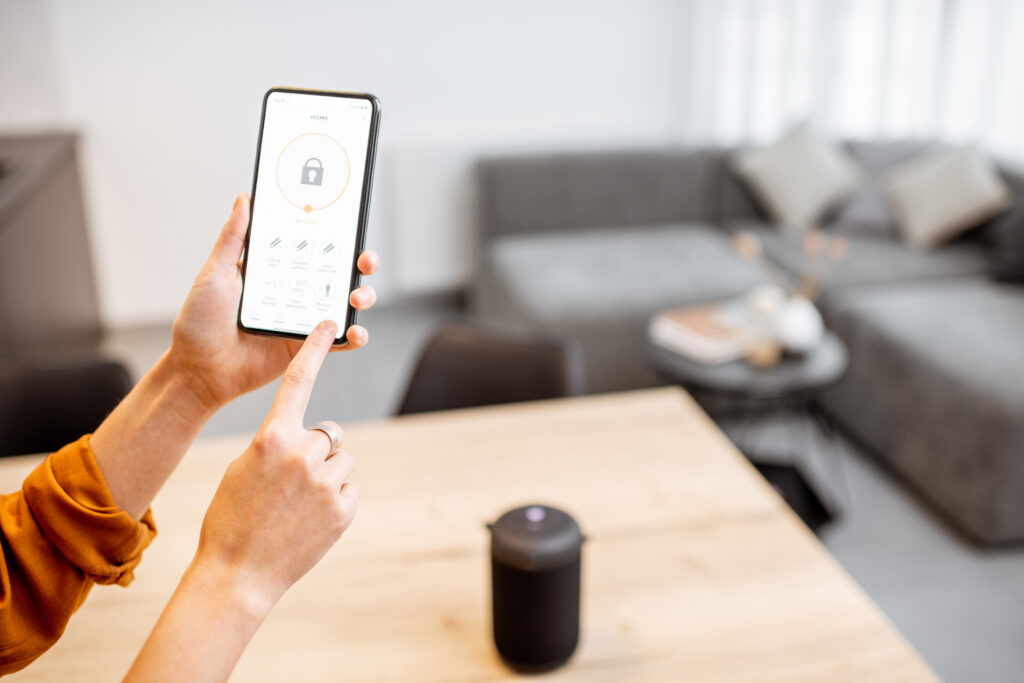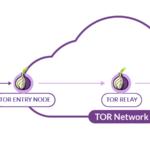In the digital age, smartphones are a vital part of our daily lives. They store our personal information, facilitate communications, and often hold sensitive data – making mobile phone security critical. In this post, we will dive into why mobile phone security is so important and provide practical ways to protect it.
Why Mobile Phone Security Matters
Security should never be taken for granted. Our smartphones have replaced many traditional devices such as cameras, GPS devices, and music players while providing internet access and the ability to make payments. While smartphone innovation has an array of benefits, it inherently raises security risks. Here are some reasons why mobile phone security is essential:
- Sensitive Data Storage: Our smartphones store sensitive data, such as login credentials, social media accounts, bank details, and more. A security breach can expose this data to attackers, leading to identity theft and financial loss.
- Communication Privacy: Smartphones are critical for communication – from messaging and phone calls to video chats. Without proper security measures, these communications can be intercepted and misused.
- Location Tracking: Many apps and services request access to location information, which could potentially reveal your real-time location to attackers or marketers.
- Malware Infiltration: Attackers often create malicious apps or embed malware into seemingly harmless applications. Once installed, these apps can steal data, damage your smartphone, or even grant remote control to the attacker.
How to Protect Your Mobile Phone Security
To maintain optimal security for your smartphone, consider implementing the following best practices:
1. Keep Your Smartphone Up-to-Date
Ensure that both your mobile operating system (OS) and apps are up-to-date. Stand by for patches and updates from manufacturers and app developers, as they often include security enhancements.
2. Encrypt Your Device
Encryption safeguards the contents of your phone by only allowing access with a decryption key. Android and iOS devices often come with built-in encryption options that can be enabled in your phone’s security settings.
3. Use Two-Factor Authentication (2FA)
Activate 2FA on all online services and apps that support it. These security measures add an extra layer of protection by requiring a second form of authentication before granting access.
4. Install a Security App
Consider installing a renowned security app on your smartphone. They help protect your device from malware, phishing attempts, and other threats. Examples include Norton Mobile Security, Avast Mobile Security, and Bitdefender Mobile Security.
5. Use a Password Manager
Password managers help you generate and store complex, unique passwords for each account, reducing the risk of password-related data breaches. Some popular password managers include LastPass, Dashlane, and 1Password.
6. Download Apps from Trusted Sources
Avoid downloading apps from third-party app stores or suspicious sources. Stick to your device’s official app store (Google Play for Android and App Store for iOS) to minimize the risk of downloading malware-infected apps.
7. Be Cautious of Public Wi-Fi Networks
The risk of data interception increases on unsecured public Wi-Fi networks. Avoid accessing sensitive information on these networks and use a Virtual Private Network (VPN) to help encrypt your online activity.
Conclusion
Mobile phone security is essential in protecting your personal information and sensitive data from the ever-evolving world of cyber threats. By staying up-to-date on security measures, implementing encryption and best practices like using a password manager, and remaining cautious of risky behaviors, you can effectively protect your smartphone and privacy. The time and effort invested in mobile phone security will pay dividends, ensuring your digital life remains safe and secure.
Author Bio:
LearnPrivacy is a team of technology and cybersecurity experts with decades of experience. We have worked with numerous companies to protect organizations from cyber threats. We are passionate about educating individuals and businesses on digital privacy and security.







